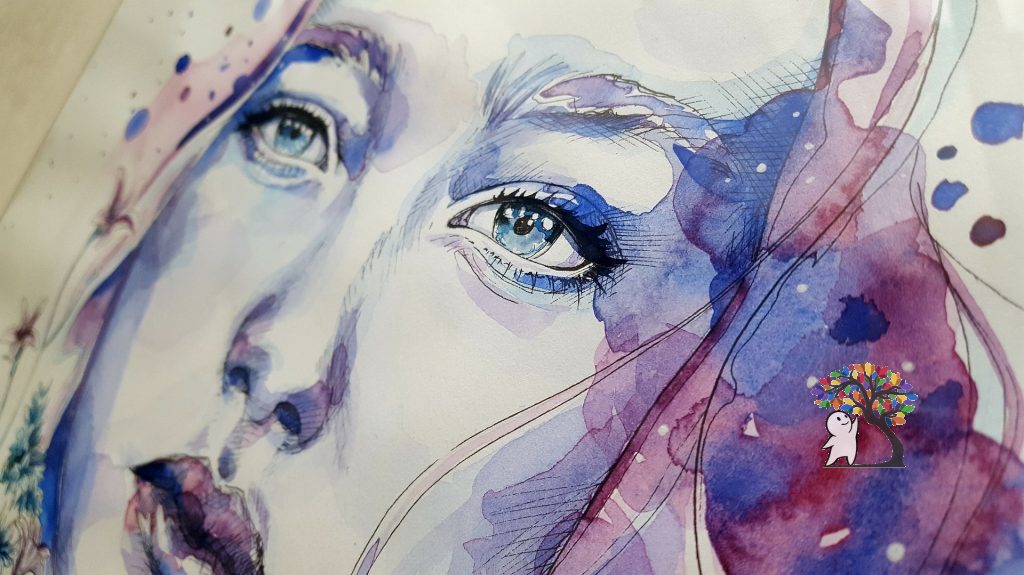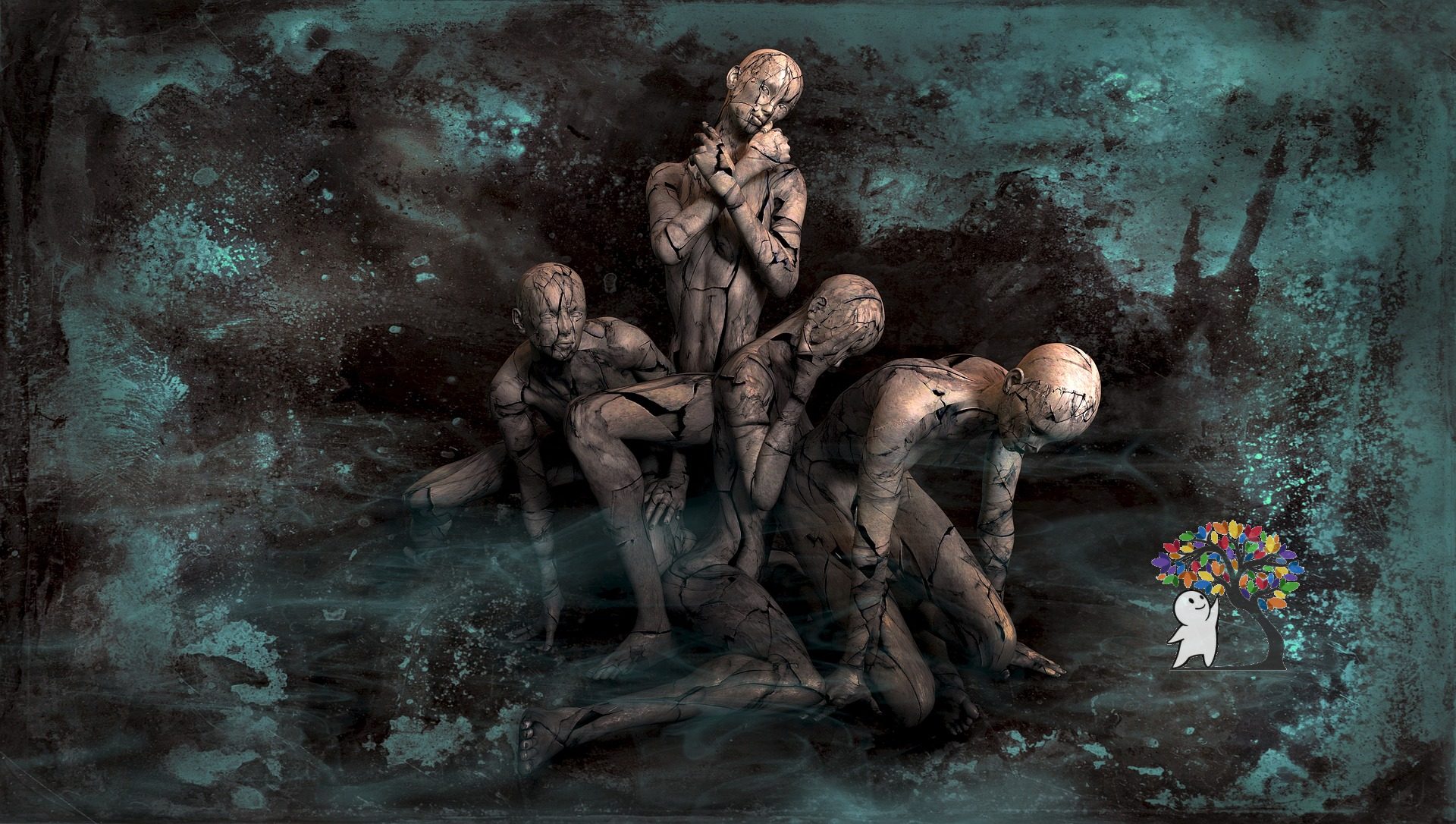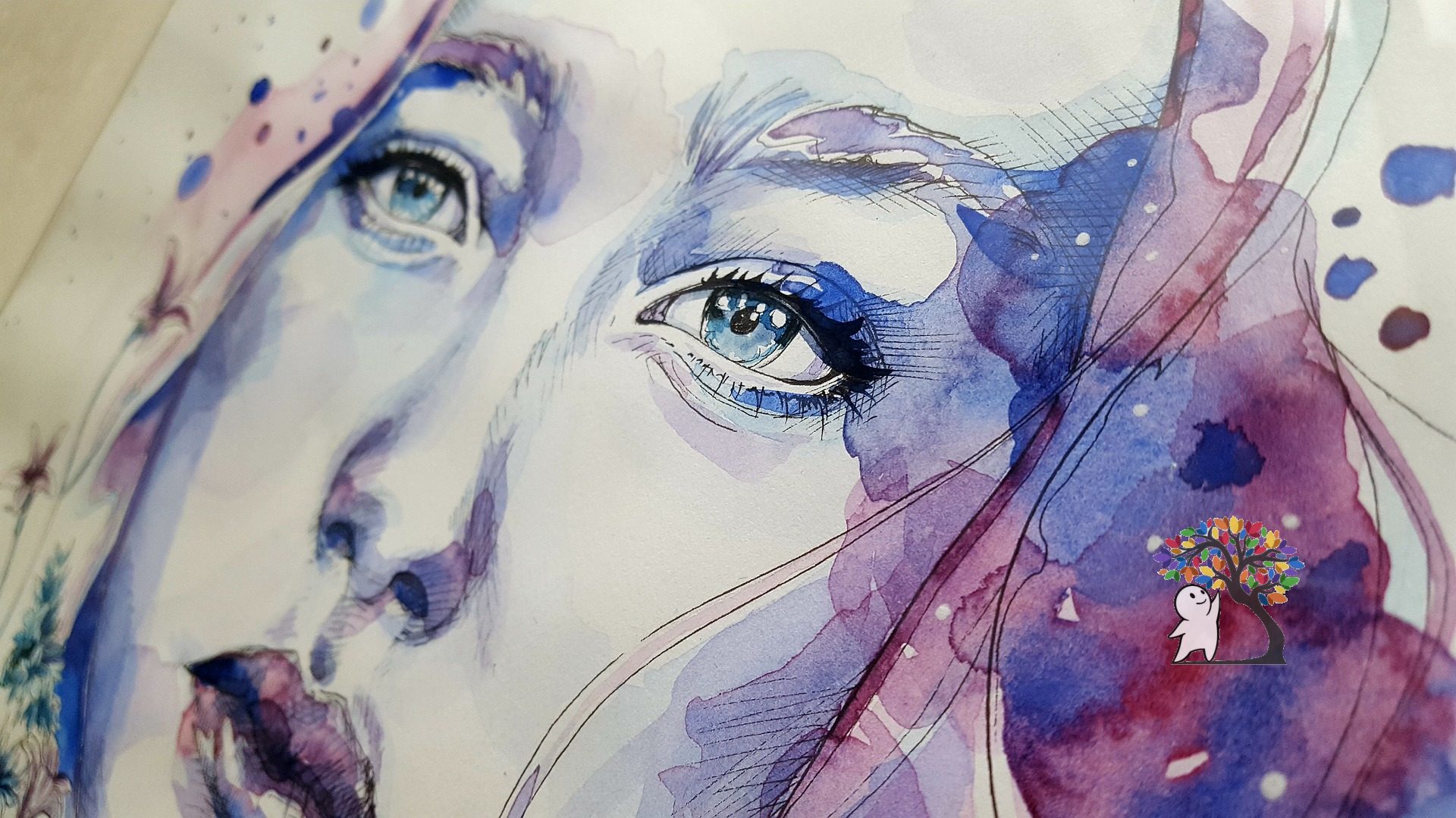5 Ways Art Therapy Helps Trauma Recovery


“Art can permeate the very deepest part of us, where no words exist.”
―
Do you ever find yourself struggling to talk about a severe traumatic moment or memory? Do no words seem to properly convey the pain you feel? Traditional therapies can sometimes present very difficult challenges for those of us who have experienced profound trauma.
The most often utilized form of therapy, talk therapy, often asks us to relive these experiences by speaking our feelings. What if the trauma is too great to talk about? The emotions too difficult to verbalize. This is where Art Therapy has many benefits. Below I will talk about the five reasons art therapy can help in healing and expressing your pain.
What is Art Therapy?
Art therapy is a creative method of expression used along with other forms of therapy. Combining art and psychotherapy. You can paint, draw, colour, or even sculpt! Art can provide an outlet when words seem to fail. A trained art therapist will use art all throughout the treatment course.
Art therapy can help you examine your thoughts and feelings about the pieces of artwork you create. Helping you connect to your emotions while also being a very useful coping skill.
5 Ways Art Therapy Helps Trauma Recovery

“Creativity takes courage.” – Henry Matisse
1. Speaking Without Words
Threatening or life-endangering situations like abuse, war, and neglect can leave psychological scars on our minds. The most common disorder caused by trauma is PTSD. PTSD is abbreviated for post-traumatic stress disorder. When PTSD is triggered it causes flashbacks, during flashbacks we feel like we are re-experiencing the original trauma. Heightened anxiety and panic attacks are a common symptom. Bad memories and nightmares can start to negatively impact our lives.
It can be extremely difficult to work through emotions when one is experiencing a flashback. When words fail to do their job Art Therapy can help you create a bridge between memories and emotions.
2. Helps Safely Connect You to Your Body
Trauma can make it difficult to connect to your body. After a traumatic event, in instances where you don’t feel safe, you may find it very hard to stay mentally checked in. Art therapy helps create a safe environment for you to explore your emotions. You’re in control of what you are creating and how you choose to convey your feelings.
This is especially helpful when processing trauma. You can connect to your body in a way that is positive and creative while dealing with frightening memories or experiences.
3. Fosters Self-Esteem
You don’t have to be an amazing artist. That isn’t the point of Art Therapy. The focus is you expressing yourself and feeling empowered. Since you aren’t producing art to be sold you can really let go and just create what you feel. An Art Therapist is not going to judge the quality of what you make. They will instead help you analyze your work. This will help you feel confident in your ability to transfer your innermost thoughts in a constructive and creative way. Nurturing a positive view of yourself.

4. Creates Emotional Resilience
Working through trauma artistically allows us safety in expression. You can express intense and difficult emotions. Being able to connect and process these feelings can give you confidence. You start to be able to adapt to stressful situations or crises. Art Therapy can help cultivate self-discovery while maintaining a hopeful outlook. Overcoming prior traumas can help you avoid seeing crises as insurmountable issues.
5. Promotes Insight
When insight is achieved we are able to stop harmful and repetitive behaviours. Using art as a tool to communicate with ourselves we learn how to speak to ourselves in a way we can understand. You can draw, write words, or even make music. All of these can be utilized in Art Therapy.
This is just a few of the reasons why Art Therapy can be extremely helpful in processing trauma. To learn more or find an Art Therapist near you visit the American Art Therapy Association.



Very straight forward and I learned from it.